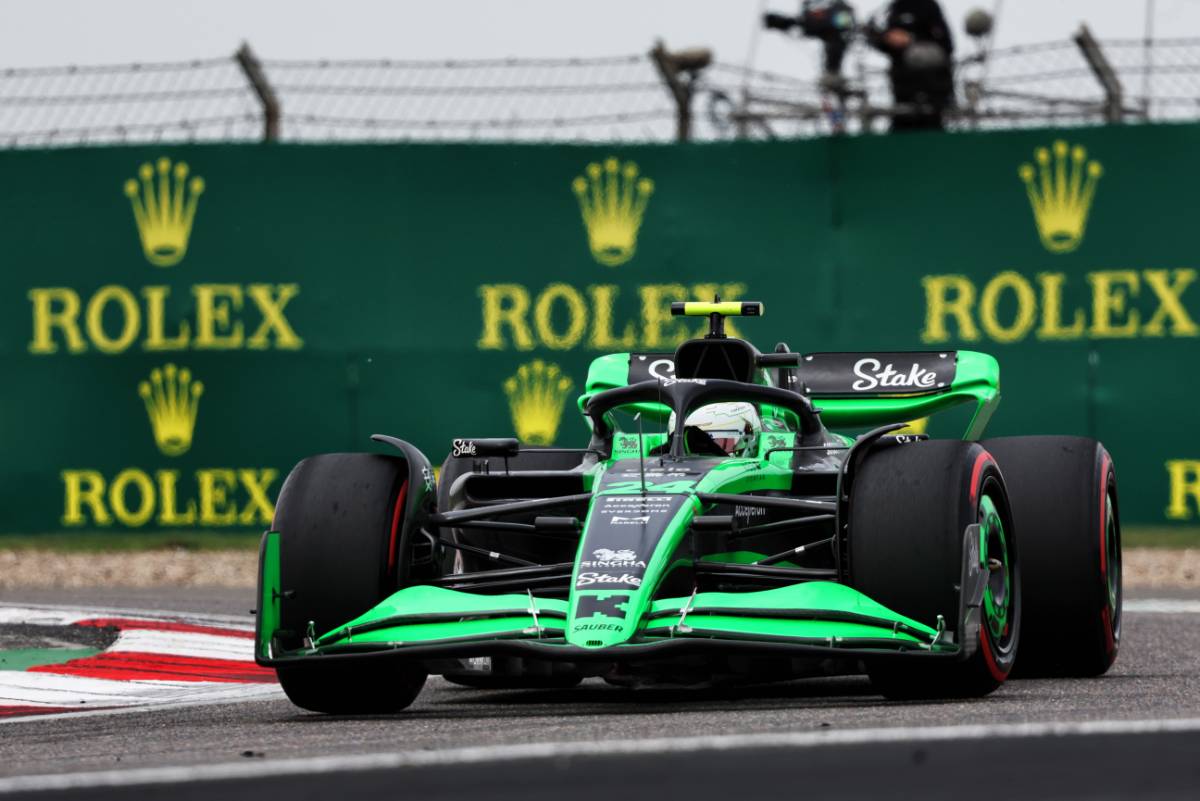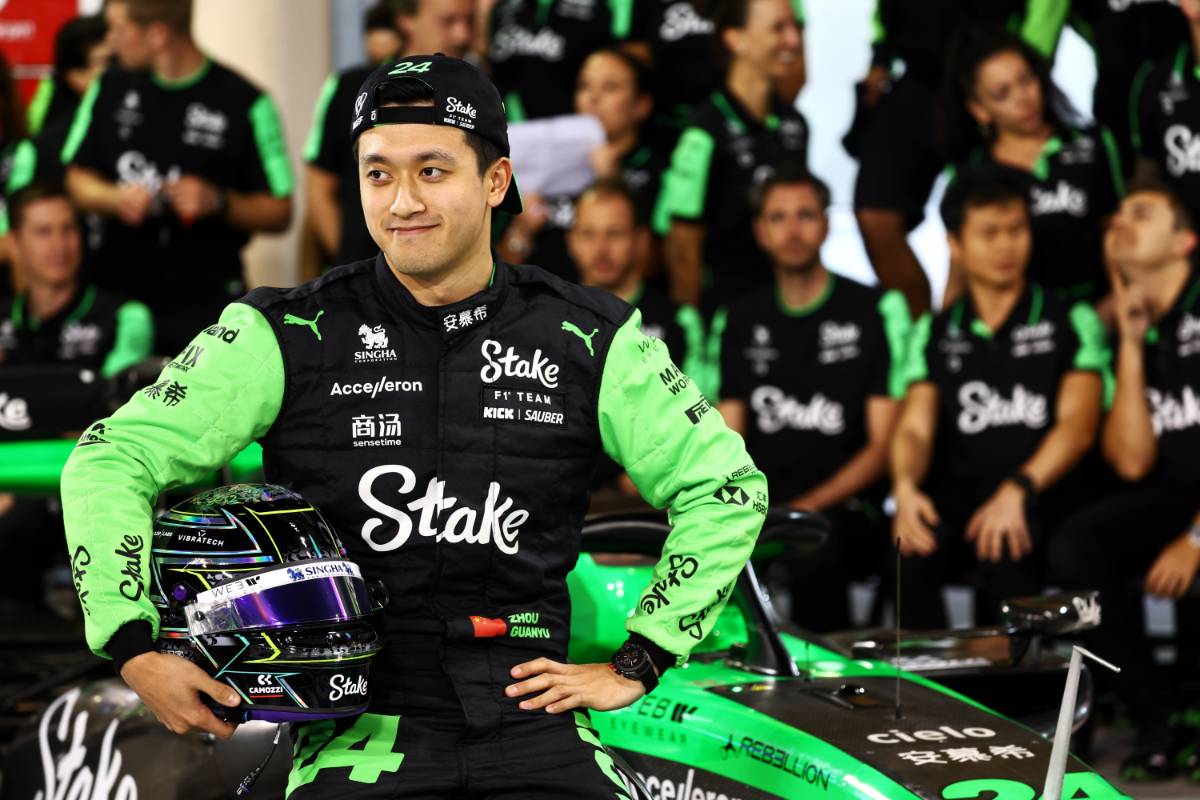Despite the excitement of becoming the first Chinese driver to compete in his home Grand Prix this weekend, Zhou Guanyu has cast doubt on a future influx of Chinese talent into Formula 1.
The pressure is certainly on for the Sauber driver, now in his third season in F1. Not only will he be aiming for a strong performance, but he’ll also carry the hopes of a nation yearning for an International motorsport hero.
Zhou isn’t the first Chinese driver to touch the pinnacle of motorsport. In 2012, Ma Qing Hua took part in a single practice session for HRT at the Italian Grand Prix at Monza.
However, Zhou’s sustained presence on the grid represents a significant step forward.
But the 24-year-old Sauber charger acknowledges the significant hurdles aspiring Chinese drivers face compared to athletes in other sports.
Read also:
“The biggest difference in motorsports or Formula 1 is that you don’t get too much of the country’s support behind [you],” Zhou told the media Thursday in Shanghai.
“Of course, to be an F1 driver, you need some financial support – that’s clear,” he explained.
“But I don’t think in China we have enough families or people that have the budget and also… the interest that they can get involved in Formula 1.
“It takes a lot. It’s easy to be a racing driver as a hobby, but to take this professional journey, only 20 of us drivers here, it’s not an easy one.
“The amount of sacrifice and also the hard work behind the scenes for every individual driver to be there, it’s very complex. Also, it takes a lot of time.”

Zhou added that China is still a young nation when it comes to its motorsport culture.
“I think mainly the history, the culture with motorsport only started 20 years ago,” he explained. “If you consider, let’s say, Europe – how much passion they have for Formula 1.
“Probably this grand prix will be a record in terms of the tickets. It was sold out in like 20 or 30 minutes. It used to be that you could still always find a few seats two to three weeks before the race, so it’s never been like this before.
“But you really see the country is growing, but also it’s having some high inputs, having more companies, manufacturers starting to being involved with different Formula 1 teams.”

Given the steeper climb faced by Chinese drivers, Zhou doubts he’ll have a countryman on the grid in F1 anytime soon, even if his own presence inspires future generations.
The absence of any Chinese competitors in F2 or F3 this year underscores the Sauber driver’s point.
“I think to be able to have more [Chinese] drivers on this grid is going to be very difficult for the next five, ten years,” he said.
“For example, a perfect example: Honda. They have this ‘Honda Dream Project’ and you have young drivers who get picked up from a very young age and that culture of motorsport in Japan is very high.
“But for us, we need to build that and 20 years is not enough. It takes another probably five, ten years to build in the similar level, then you can reach out to Europe, hopefully, put them in the feeder series.
“If they can do well, winning races, finishing top in their championship, they can guide their way to Formula 1, but I don’t think it’s a very easy job for the next few years for any drivers to be here.”

Despite the challenges, Zhou hopes he’s doing his part to help spark a wave of motorsport vocations in his home country.
“I’m happy to be kind of the role model in this country,” he said. “But still, I think you need to put effort into that. Also having a lot of companies, manufacturers involved in helping the young generation, to guide them forward.
“But let’s see what I can do. Maybe when I retire from racing, I can help more, but at the moment, I’m just hoping to inspire some young people, and they can come a long way.”
Keep up to date with all the F1 news via Facebook and Twitter
The post Zhou sees long road ahead for next Chinese F1 driver appeared first on F1i.com.
